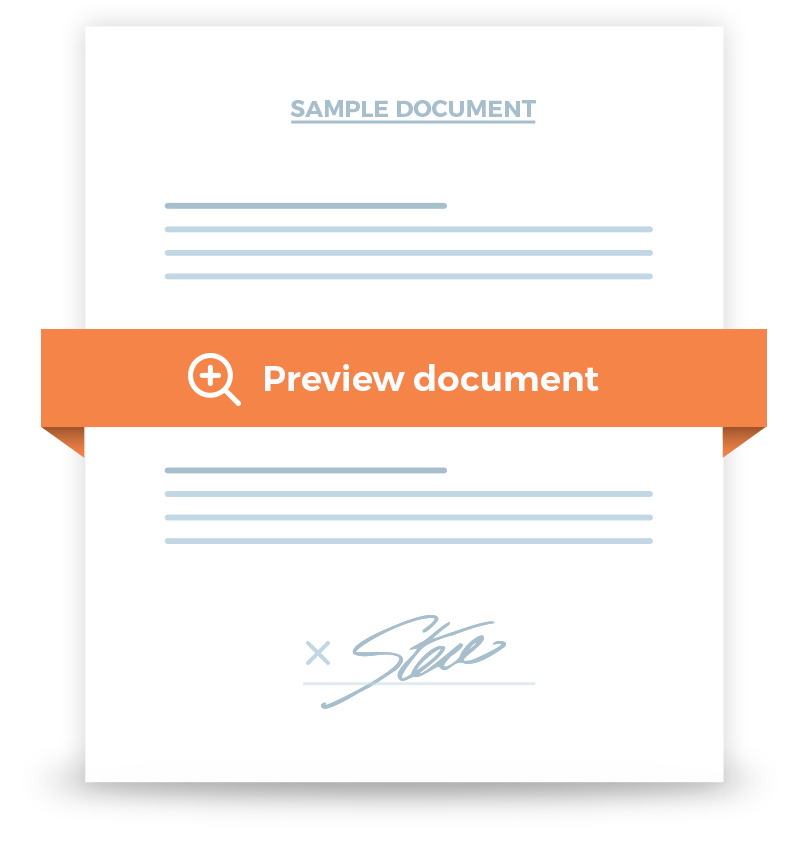Corporate Banking Resolution
A Corporate Banking Resolution authorizes the opening of one or more bank accounts for the corporation.


Frequently Asked Questions
A corporation’s debt capacity is the total debt that it can incur and pay back comfortably without risk of insolvency. The debt capacity can be based on several metrics, which may or may not include the company’s debt history. It depends on the actual entity or individual that estimates that capacity.
If you don’t set up a separate bank account for your corporation, you may not be able to separate the liability of the corporation from your own. You may also lose certain tax advantages. However, this is mostly reactive in nature, which is why it is commonly abused. You likely will not get caught until something happens that catches you out, which by then it might be too late.
This is a type of short-term loan that a corporation uses to bridge over, usually until more financing is secured that is necessary to sustain operations. The length of this loan is usually within a fiscal year and it comes with an interest rate that matches the desperation of the loan.
A bank teller or representative will often ask for the Corporate Banking Resolution before they would to open a bank account for the corporation, though sometimes small businesses may get away with just the authority to collect sales tax or the articles of incorporation. In the event that the resolution is rejected, your best course of action is to find out the reason for the rejection and take corrective measures
In a word, security. It can also be indispensable to demonstrate your company’s compliance with proper banking procedures and record-keeping.




